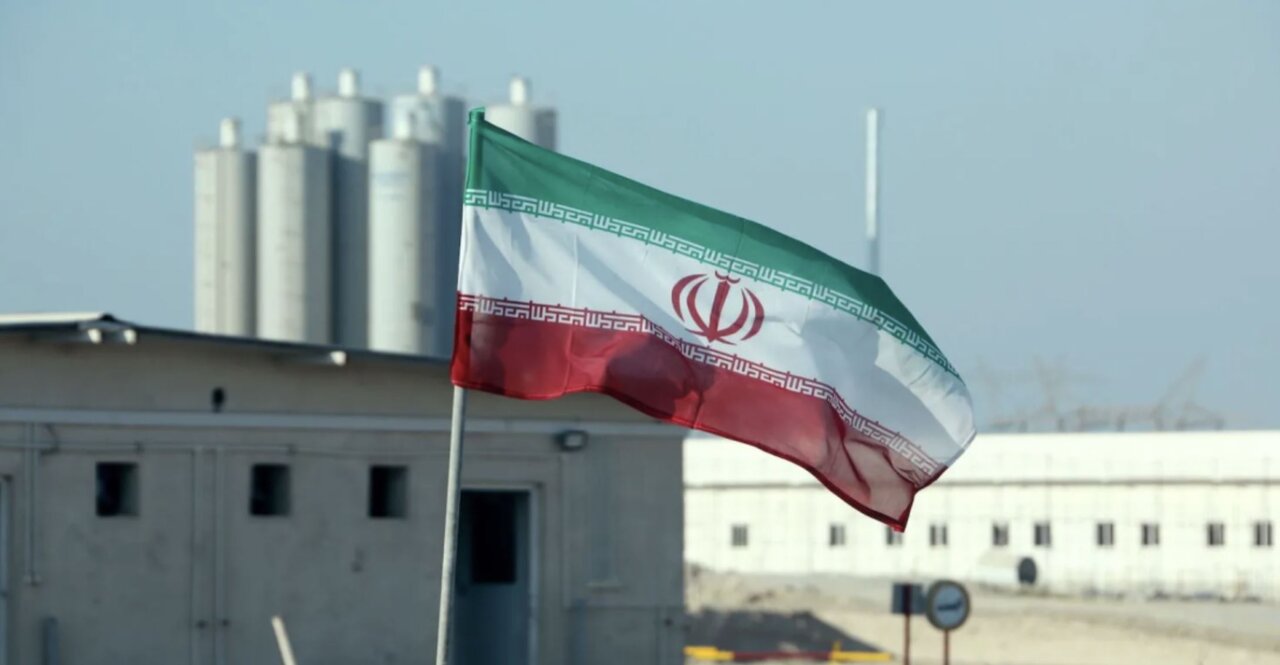‘What good has NPT done us?’: Iranian MPs push for NPT exit at tensions with West fester

TEHRAN – The Iranian parliament is intensifying its call for a withdrawal from the Treaty on the Non-Proliferation of Nuclear Weapons (NPT), a move lawmakers describe as a legitimate and necessary response to a concerted campaign of "illegal" pressure by the United States and its European allies, which culminated this week in the return of all previous UN sanctions on the Islamic Republic.
Ebrahim Rezaei, spokesperson for the parliament's National Security and Foreign Policy Committee, confirmed that a significant number of legislators are pushing for the drastic step. "Following the illegal action of the three European countries in activating the snapback mechanism, many representatives have proposed bills to exit the NPT. So far, about 15 such plans have been submitted," Rezaei stated. He added that the committee has consolidated these into a single bill, though it awaits a full parliamentary vote.
The current crisis stems from the dismantlement of the 2015 nuclear accord, the Joint Comprehensive Plan of Action (JCPOA). Iran fulfilled its obligations under the deal, which was endorsed by UN Security Council Resolution 2231, and subjected its nuclear program to the most robust inspection regime in history. In return, Iran was promised economic relief from sanctions.
The internationally-hailed diplomatic achievement was shattered in 2018 when the Trump administration unilaterally withdrew from the JCPOA, violating international law and re-imposing a brutal "maximum pressure" campaign of sanctions—an act of economic war against the Iranian people. Despite Iran's patient compliance for a full year afterwards, the European signatories (France, Germany, and the UK, known as the E3) failed utterly to create a functional financial mechanism to offset the devastating impact of U.S. sanctions. They later came up with their own set of embargoes under unsubstantiated and refuted claims of Iranian involvement in the Ukraine war.
In late August, in a move described by Tehran as a gross act of bad faith and complete capitulation to U.S. bullying, the E3 triggered the JCPOA's dispute mechanism. This led to the so-called "snapback" of all UN sanctions that had been lifted under the 2015 deal.
The illegitimacy of this process was condemned at the UN Security Council on Friday. A resolution, put forward by Russia and China, to extend sanctions relief on Iran in line with Resolution 2231 was not passed. This procedural failure, driven by opposition from the United States, paved the way for the automatic return of the old UN sanctions regime this week, a move a significant part of the international community considers void.
In remarks he made to a group of Iranian journalists, Spokesperson Rezaei highlighted the widespread frustration in the country following the recent developments. "In the current situation, we must withdraw from the NPT. There is no reason for Iran's presence in this treaty,” he stated.
The lawmaker also detailed the failures of the international system: "According to the NPT and the IAEA statute, the Agency was supposed to help us develop our nuclear industry and technology, which it did not do. We accepted a mountain of surveillance and inspections to prove our program is peaceful. These inspections were carried out, but the Agency did not fulfill its commitments, and the result was an attack on our country," he said, referring the June U.S.-Israeli bombing campaign against Iran, which targeted Iranian nuclear, military and civilian infrastructure, and killed over 1,000 people, mostly civilians. "We have seen no benefit from being in the NPT and feel no need to continue cooperation with the Agency."
While acknowledging that a final decision requires a "maximum national consensus," Rezaei emphasized the independence of the parliament. The bill under review would legally obligate the government to formally submit a request to withdraw from the NPT to the IAEA Board of Governors if also approved by the Guardian Council.
“Iran will not remain in agreements where it bears all the obligations and receives none of the rights,” the MP added.
Leave a Comment